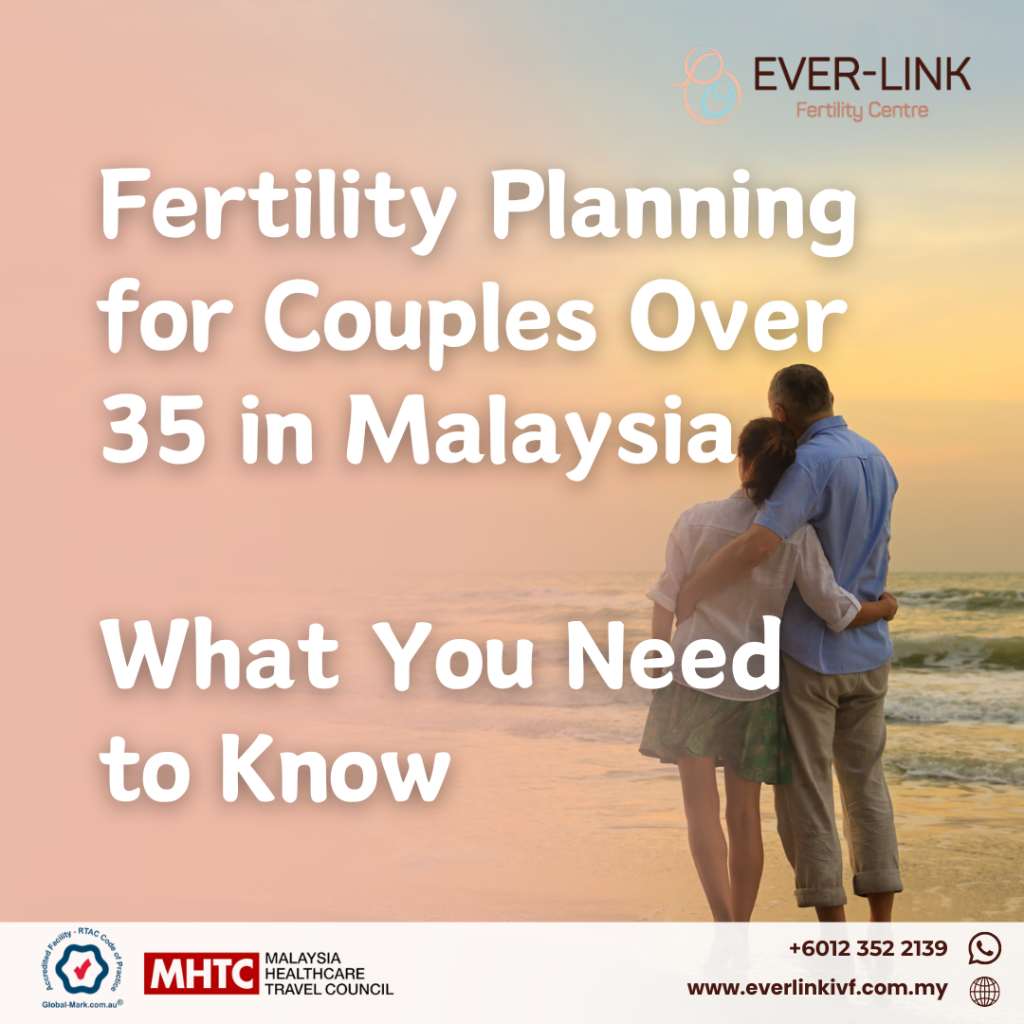
In today’s modern world, many couples are choosing to start their families later in life. While this decision brings numerous personal and professional benefits, it’s also important to understand how age impacts fertility. If you and your partner are planning to conceive after the age of 35, this guide will provide you with essential insights and actionable tips to help you on your journey.
How Age Affects Fertility
For women, fertility naturally begins to decline after the age of 30, with a more noticeable drop after 35. This is primarily due to a decrease in the number and quality of eggs. For men, while fertility doesn’t decline as sharply, factors like sperm quality and overall health can still play a role in conception challenges.
Some common challenges couples over 35 may face include:
- Reduced egg quality: Older eggs may have a higher likelihood of chromosomal abnormalities, which can affect the chances of conception and increase the risk of miscarriage.
- Lower ovarian reserve: The number of eggs in a woman’s ovaries decreases over time.
- Health conditions: Conditions like endometriosis, fibroids, or hormonal imbalances are more common with age and can affect fertility.
- Male factor infertility: Issues such as reduced sperm motility or count can also become more prevalent.
Why Choose Ever-Link for Fertility Treatments?
Malaysia is home to world-class fertility clinics that offer advanced treatments at competitive prices. At Ever-Link Fertility Centre, we provide personalized care tailored to your unique needs. Our team of experienced specialists is dedicated to helping you achieve your dream of parenthood.

